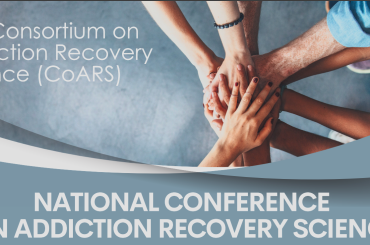Exercise can structure, steady and secure your recovery.
There’s a joke that all “New Year’s Resolution-ers” will pack their gyms on January 1, but be gone by February 1. When this trend happens, it’s a shame. After all, exercise gives benefits – especially for addiction recovery.
Physical Health Supports Addiction Recovery
You may already know that taking care of your body can anchor your day-in-and-day-out recovery. Taking care means good nutrition and careful eating. And it can also mean regular exercise.
Don’t worry yet about the specific exercises yet. Let’s start with the basic benefits that careful exercise can give you in your recovery.
1. Exercise Can Structure Your Time

Remember that old maxim, The devil loves idle hands? Whether or not you believe in a devil, you might agree that too much time to yourself during addiction recovery can become a trap. What if your “stinking thinking” catches you off guard? In both early and long-term recovery, resisting the urge to drink or use can be harder in the moment.
That’s one reason to exercise. Setting aside an hour (or less, or more) to exercise fills that time with activity. That activity makes sure you don’t face the choice to drink or use, at least within that timeframe. Also, regular exercise gives your day a regular shape: if you learn to exercise in the mornings, you can look forward to morning exercise and follow through with that commitment. It’s the same for any time of day. Filling your schedule with exercise can reward you with the discipline of following through.
2. Exercise Can Steady Your Outlook

Often, we drink or use drugs to manage life’s stress. During recovery, resisting those addictions won’t stop up that same stres. But exercise can manage them in a healthier way.
When you get your heart rate up higher than usual, your body releases chemicals (“endorphins”) which combat your stress. They act a little like dopamine, the “feel-good” chemical which drinking or drugs gave you in addictive amounts (exercise also releases some dopamine). Your brain receives these chemicals and churns out a good mood. So not only are you helping your body fight stress, you’re also feeling better because of it. A good mood and controlled stress for long enough can provide your mental foundation for stronger recovery, one day at a time.
3. Exercise Can Secure Your Recovery
All these physical effects of exercise safeguard your mind and body over time, as you might guess. Studies suggest that this protection decreases the chance of relapse, and that exercise strengthens long-term recovery. Every person’s addiction recovery will vary, of course, but exercise so far proves to improve your chances of substance-free living.
Exercise also involves more pro-recovery elements than we can cover in this overview: new social connections, better sleep and others. Read up on other exercise resources, whether that’s other benefits, medical explanations or expert insight. If we can’t list all the knotty technical answers, we should certainly point you in the right direction.
What Now?
Well, you might want to see which kinds of exercise you’d like to add to your life. Choose according to what you can handle: that might be walking, outdoor activity, team sports, aerobics (like jobbing or running), or weight training. Give yourself time for it. Follow through in your exercise commitment.
You can also visit In The Rooms for our specialty yoga-based recovery meetings, whether that’s Yoga Nidra on Monday nights or Yoga Recovery on Sunday afternoons. Not to mention that we’ll have more exercise and wellness content coming soon! There are recovery answers for your life’s questions here at In The Rooms, where you can sign up for free and learn what you need to know. Join us today and see how we can serve you!








